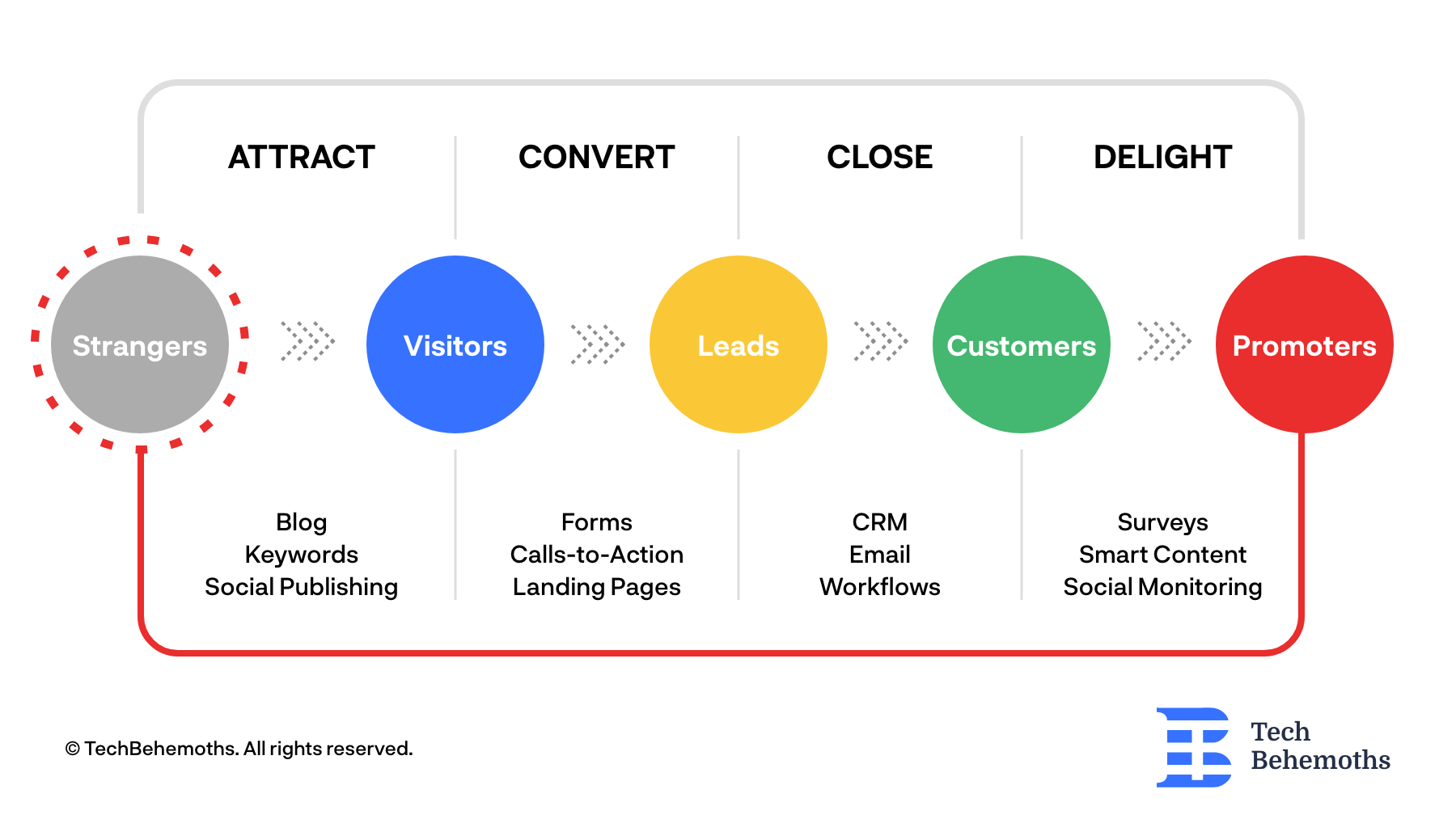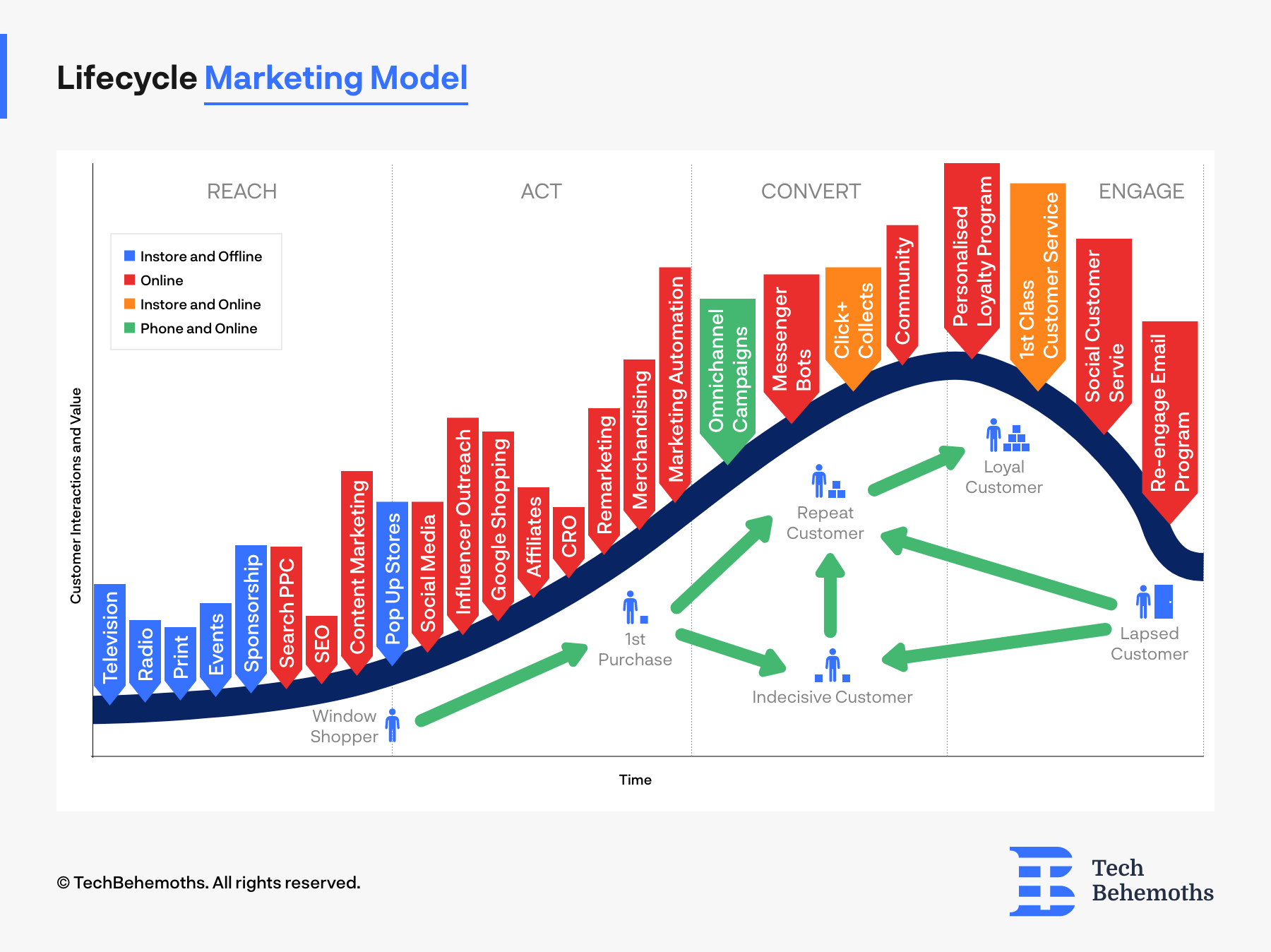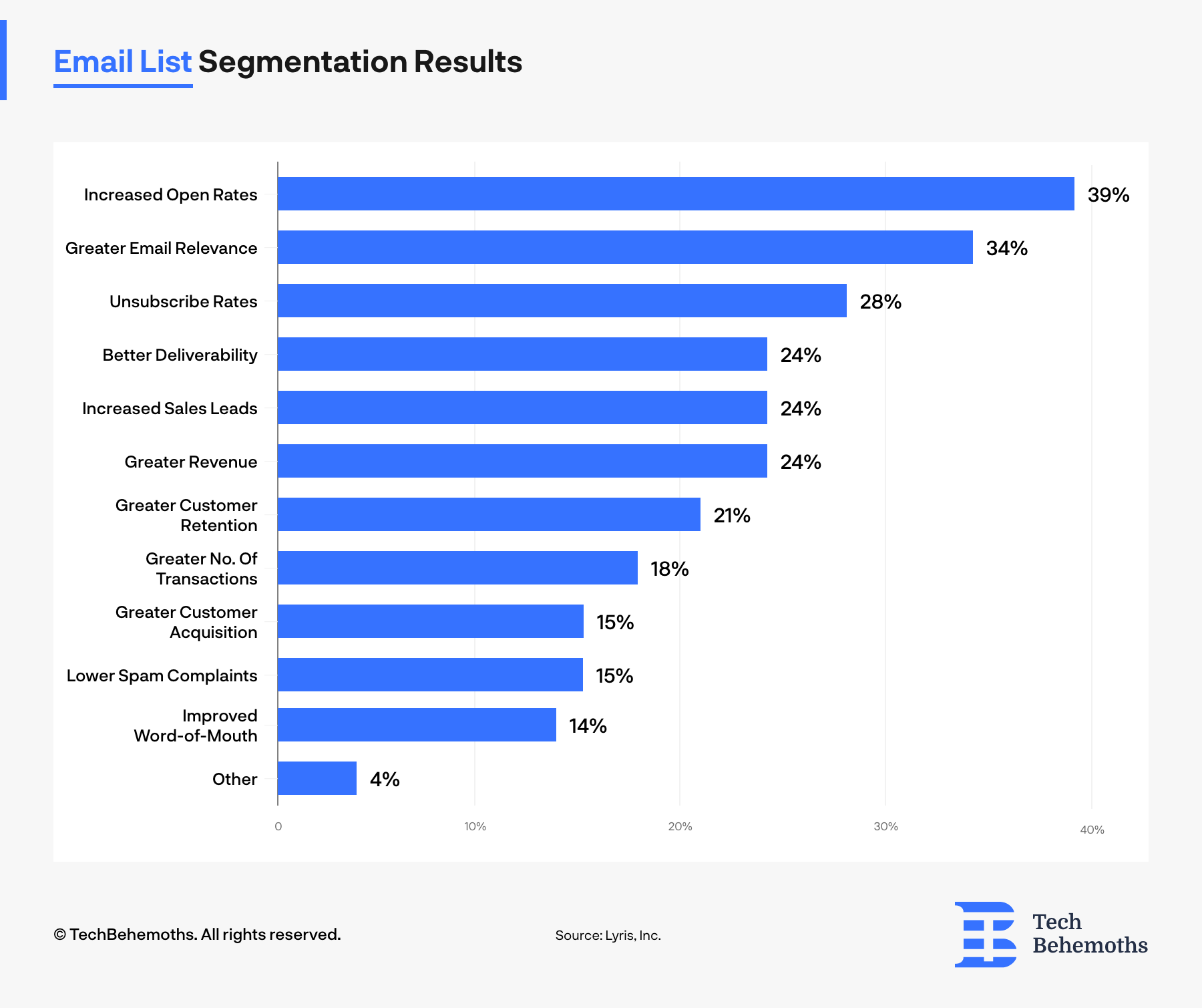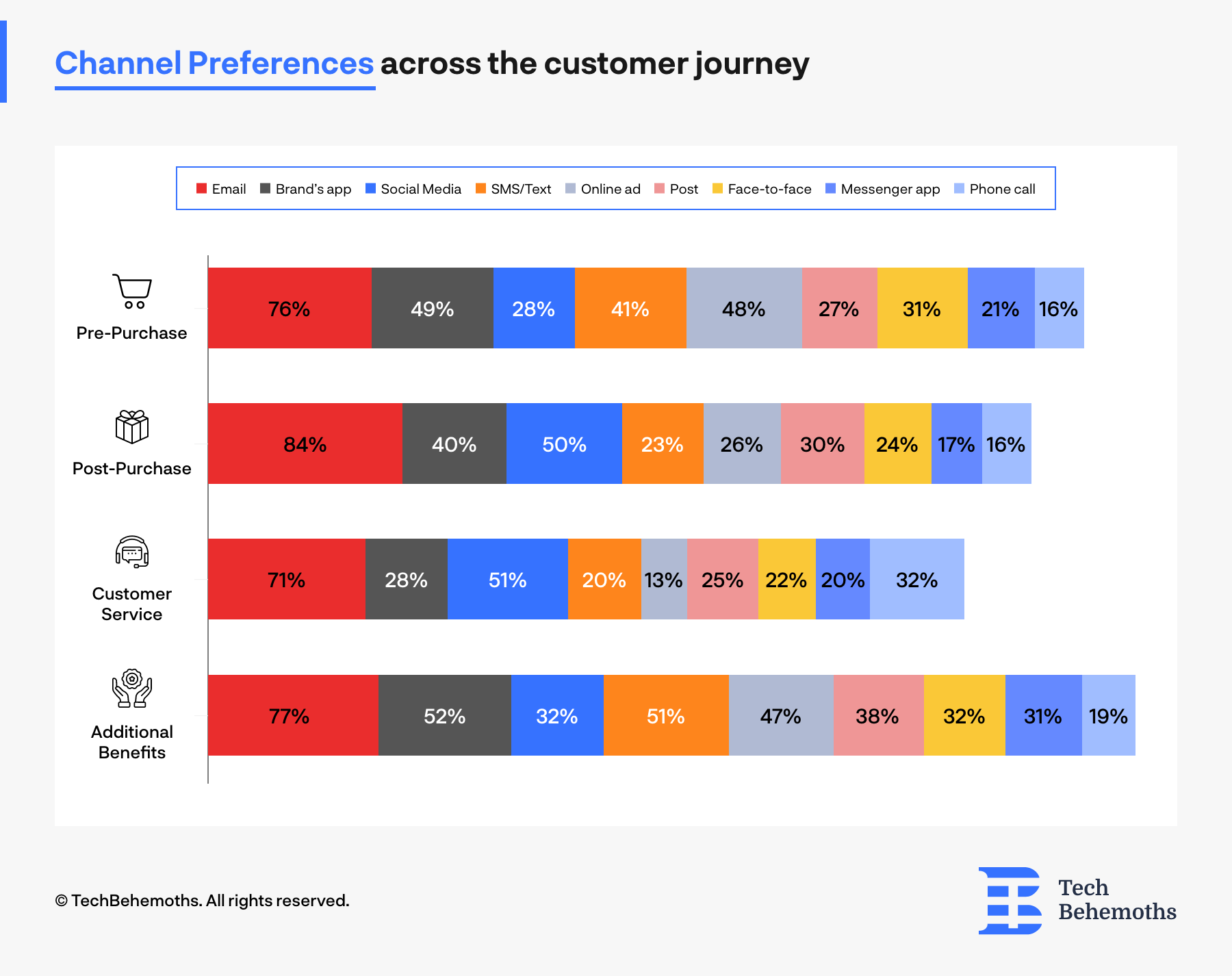Top 5 Skills Email Marketers Should Have

An email marketing specialist is a type of digital marketer who focuses primarily on email campaigns. Specialists in email marketing create emails, manage email contact lists, optimize email signups, and collect data about their target market. Additionally, they could be in charge of technical and design responsibilities including making graphics, automating emails, and performing simple coding tasks.
Without an email marketing expert, a digital marketing plan is worthless. They are knowledgeable in the technical aspects of email, generating traffic, securing conversions, and cultivating bonds with both current and potential customers.
So let's see what the 5 most important skills for an email marketer are:
#1 Strategy Development and Planification
Email marketing must be based on a strategy. Not simply a sent monthly batch email, but a strategy that produces results. You need to understand the various subscriber life-cycle stages and how to engage them as part of your strategic thinking. A successful email marketer must have the drive to comprehend their target audience thoroughly.
Email marketers should be proficient in:
- Email lead generation techniques
- Nurturing contacts
- Sales strategies
For instance, the inbound methodology is the process of transforming website visitors into consumers and company promoters. Inbound marketing has become an increasingly useful and successful strategy for accomplishing business growth and establishing a strong online presence since the digital age.

#2 Email Marketing Automation
One of the best things you can do to save time and increase your email campaigns' ROI (return on investment) is to automate lead nurturing processes. Email marketing automation includes both lead nurturing and lifecycle emails. Here’s what each means:
- A lead nurturing email is a message delivered to potential customers through the sales funnel to encourage them to convert. Lead nurturing emails connect, intrigue, and urge your leads to interact with your company.
- Lifecycle emails are data-driven and consider the buyers’ journey stage (prospect, first-time buyer, repeat customer, lapsed, etc.) to provide triggered and ultra-relevant communications at the ideal time.

Companies follow through on the basics of lifecycle marketing, meaning they consider and address each of the stages included in the customer lifecycle journey:
- Brand recognition and involvement
- Brand evaluation by customers
- Customer purchase
- Experience following the purchase
- Customer Support
These are some practices that will help you in your work:
- Collect data and sync it between systems
- Create contact segments based on data
- Create processes and follow-up sequences
- Effective email personalisation
#3 Email Management and Segmentation
Email segmentation is a technique for email marketing that divides your contacts into different groups in order to deliver targeted marketing information and make it easier to send personalized emails based on contact details.
Keep your contacts organized based on their role and who they are:
- Customers
- Blog followers
- Downloaders of lead magnets
- Trial users
You can segment your email lists based on any field in your database that you have access to, such as:
- Demographical data: Gender, age, occupation, income, marital status, etc.
- Geographical data: Country, city, density, language, climate, etc
- Psychographic data: Lifestyle, activities, personality, etc.
- Behavioural data: Previous purchase, website browsing, engagement, etc.
Email marketing segmentation aids in the development of a long-term email reputation that is constantly improving.
The following is a list of email segmentation results you can get when you divide your email list.

Also collecting email addresses is important because it increases interaction and feedback from website visitors. Here are some ways you might want to collect website visitors' email addresses. They’ve been popular strategies for email marketers over the years and never got old:
- Highlight your most relevant information
- Encourage visitors to subscribe to your newsletter
- Offer exclusive material to email
- Display popup forms based on user behaviour
- Building landing pages
- Offer freebies
- Implement exit-intent popups
#4 Copywriting
Email copywriting is the process of writing the words for an email that is intended to persuade a person - a potential customer, client, or collaborator - to accept an offer.
Email copywriting principles are similar to any other type of copywriting in that you want to convert your reader into taking action, which could be in the form of:
- Allowing someone to share or link to one of your posts
- Reading your most recent blog entry
- Having a social media connection with you or your business
- Scheduling a conversation to discuss an offer
- Deciding to participate as a guest on your podcast
Or a variety of different choices, depending on what your end goal is.
Strong email copywriting has several business advantages, including:
- Higher open and conversion rates when your subject and opening line are perfect, and you have a great email call-to-action (CTA).
- Increased ROI - According to Litmus, when your email copywriting is on point, you can expect a return on investment (ROI) of up to $36 per dollar spent.
- Stronger relationships with your target audience, who will learn about you, your brand, and what you stand for in a more engaging and powerful way.
- Customers and clients who are delighted to receive your email - it is the preferred method of business contact for all purposes throughout your sales funnel.
- According to Backlinko research, personalized email copy can generate 32.7% more responses than generic email copy.

#5 Analytical and Testing
Email marketers today must understand the most important metrics and how to measure the effectiveness of their campaigns.
Here we’re talking about email marketing KPIs that help you monitor your success and predict future performance. Your industry has much to do with your average email open rate and clicks rate. However, your email open rate is good if you’re averaging 15-20%.
When reviewing your email marketing metrics, keep the following in mind:
- Factors that contribute to the success of your emails
- Strategies that work best to increase open rates and revenue
- Continuous and different improvements in email performance
Conclusion
The five skills mentioned here will cover the most important aspects of developing and managing high-performance email campaigns. To create effective campaigns that drive engagement, a successful email marketer combines creativity with data.
Email marketing continues to develop despite being one of the oldest forms of digital marketing. Therefore, email marketers will always need to learn new skills in order to remain productive. Additionally, as they develop those talents, they'll be able to achieve even greater ROI and practical results that no company can afford to give up.